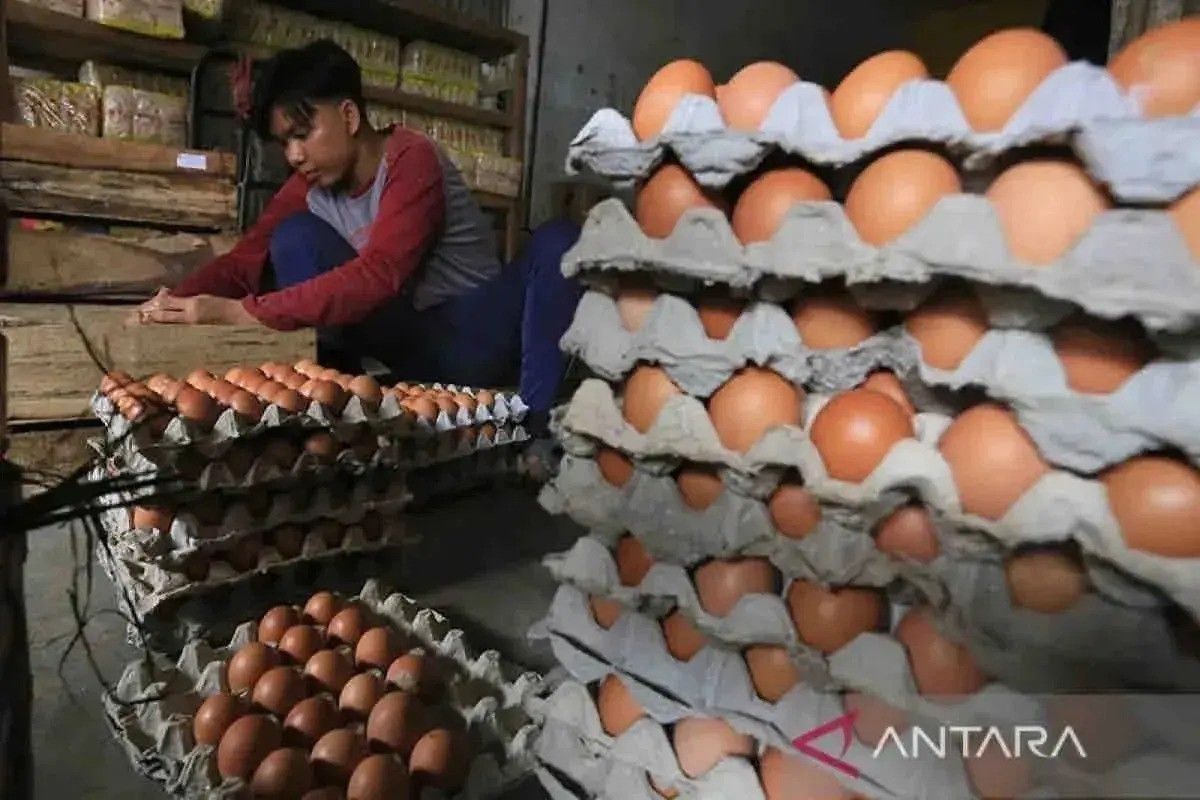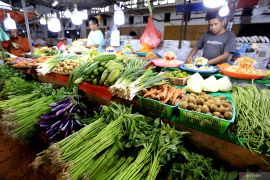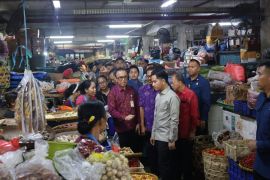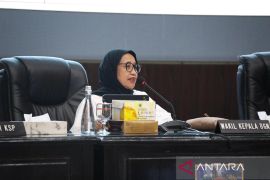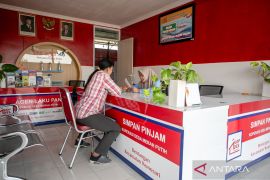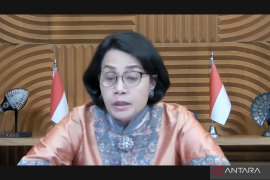Controlling commodity prices is essential to maintaining economic stability and protecting people's purchasing power, he said during a coordination meeting on inflation control in Sumedang, West Java, on Monday.
Statistics Indonesia (BPS) recorded the national inflation rate at 2.65 percent year-on-year in September. While still manageable, Karnavian noted that some regions are facing inflation above the national level.
"Those above the national average must be given special attention, while those that are too low should also be monitored carefully," he said.
The government has set an inflation target of 2.5 percent plus or minus 1 percent, which is considered an ideal balance between consumer and producer interests.
However, Karnavian pointed out that several food commodities continue to show upward price trends in many regions.
For instance, red chili prices have risen in 235 districts and cities, chicken egg prices in 229 regions, and broiler meat prices in 190 areas.
While rice prices remain relatively stable, he stressed the need for vigilance to prevent widespread increases.
Karnavian urged local governments to analyze their inflation trends immediately.
"If the rate is high, hold internal coordination meetings with stakeholders such as distributors, business associations, and chambers of commerce," he said.
He explained that two key aspects must be reviewed when regional inflation rises: supply adequacy and distribution flow.
If supplies are sufficient but prices remain high, local authorities should investigate possible hoarding practices, which he said are unacceptable and constitute a criminal offense.
"Making a profit is fine, but deliberately holding goods to raise prices before releasing them is not," he emphasized.
If inflation stems from limited supply, local administrations are encouraged to cooperate with surplus-producing regions.
They may also use contingency budgets to subsidize transportation costs for essential goods to keep market prices affordable.
In addition, regional governments can promote community farming programs for easily cultivated commodities.
Several cities have already implemented innovative measures to strengthen food security. Makassar, for instance, has adopted hydroponic systems, while Surabaya has optimized unused land for cultivation.
Karnavian added that if local efforts prove insufficient to curb inflation, the central government will step in through coordination among the Trade Ministry, Agriculture Ministry, State Logistics Agency (Bulog), and National Food Agency (Bapanas).
Joint efforts between central and regional governments are expected to maintain price stability, ensure smooth distribution, and protect the public from excessive price fluctuations.
Related news: Indonesia relies on village cooperatives to curb inflation: minister
Related news: Regions urged to stabilize food prices to keep inflation below 3.5%
Translator: Primayanti
Editor: Anton Santoso
Copyright © ANTARA 2025
